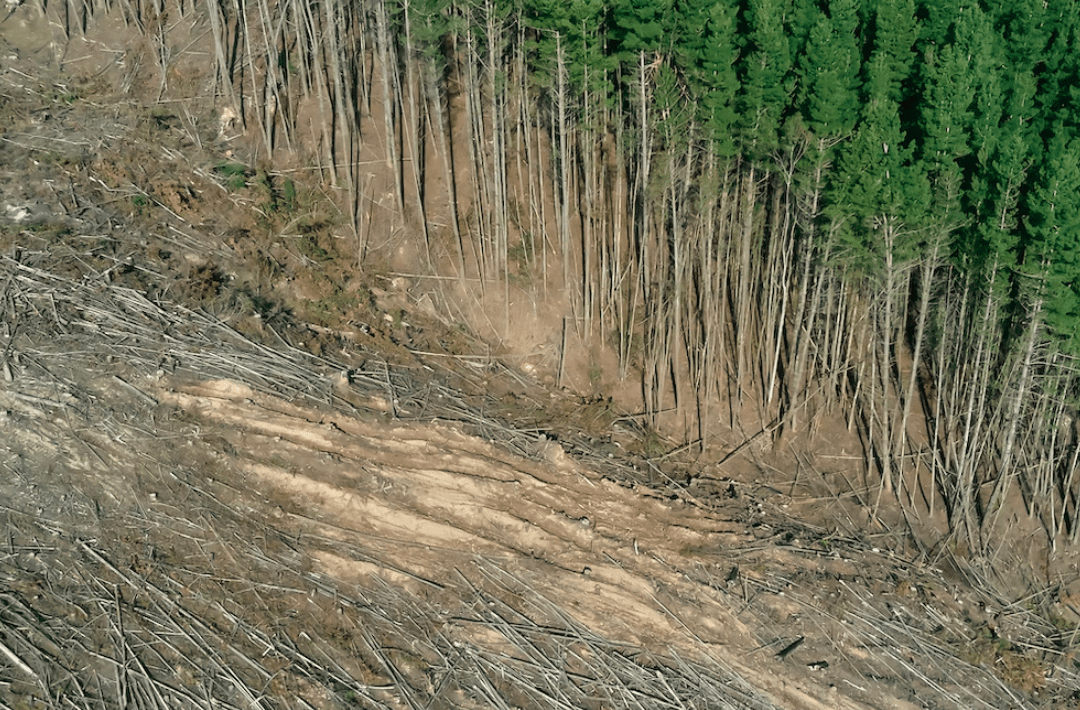
EU Parliament Elections: The 7 Blocs and their Climate Policies
The climate policies of the seven groups of the European Parliament analysed in the context of the 2024 EU elections from 6th to 9th June.

The climate policies of the seven groups of the European Parliament analysed in the context of the 2024 EU elections from 6th to 9th June.

Back in 2015, the European Commission adopted its first Circular Economy Action Plan (CEAP).

To deliver on its emissions reduction goals, in 2005 the EU established the European Union Emission Trading System (EU ETS) with Directive 2003/87/EC.

The European Parliament voted in favour of a Regulation that would restrict imports to “deforestation-free” products for EU bloc countries on a set of commodities that have been identified as key drivers of deforestation.A reduction of 31.9 million metric tons of carbon emissions is achievable with adoption of the law, which sets international precedent in regulating a high-emission supply and demand chain.The outlined definition of deforestation is weak, and the land-type to which the regulations will apply is limited to natural forests. Other ecosystems have not been considered.

Certain commodities (maize and rubberware) are increasing deforestation and need urgent regulation. Indigenous people highly rely on forest ecosystems and their rights need to be protected. Europe is doing well in hydrogen and batteries but still behind in the solar downstream sector.